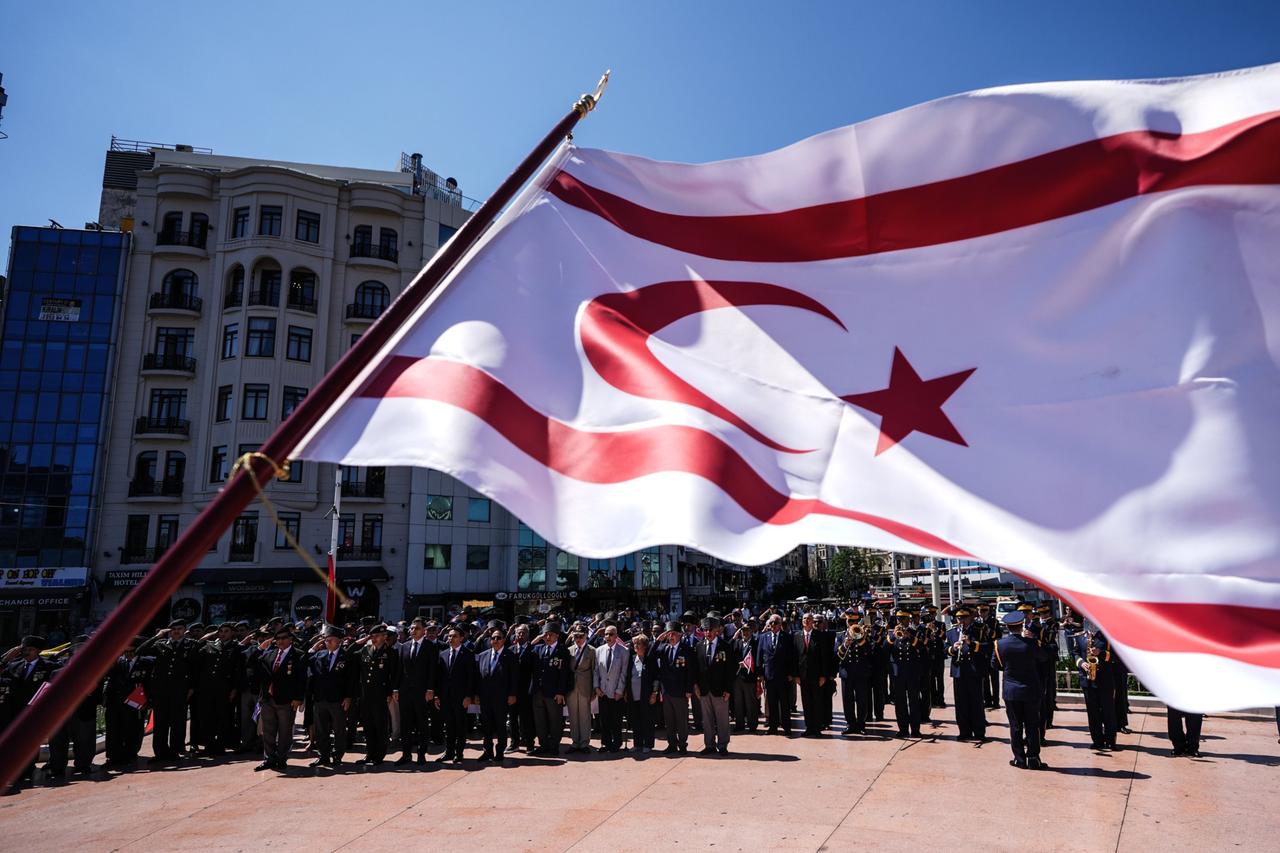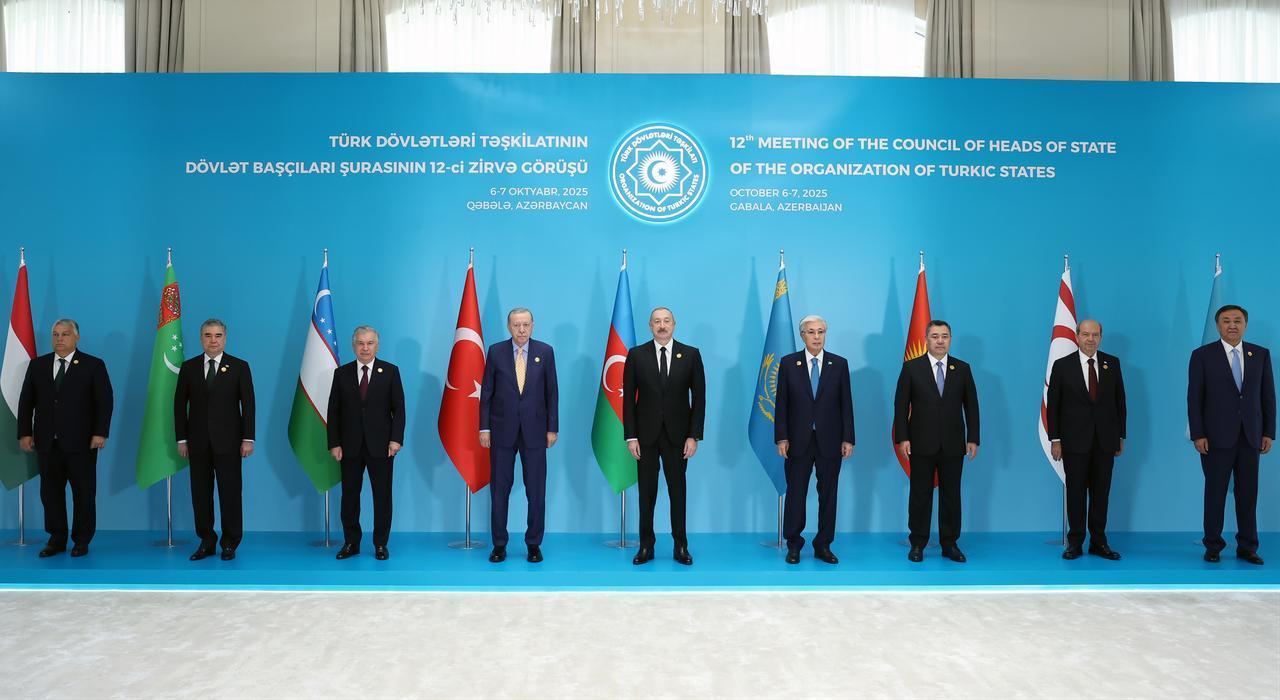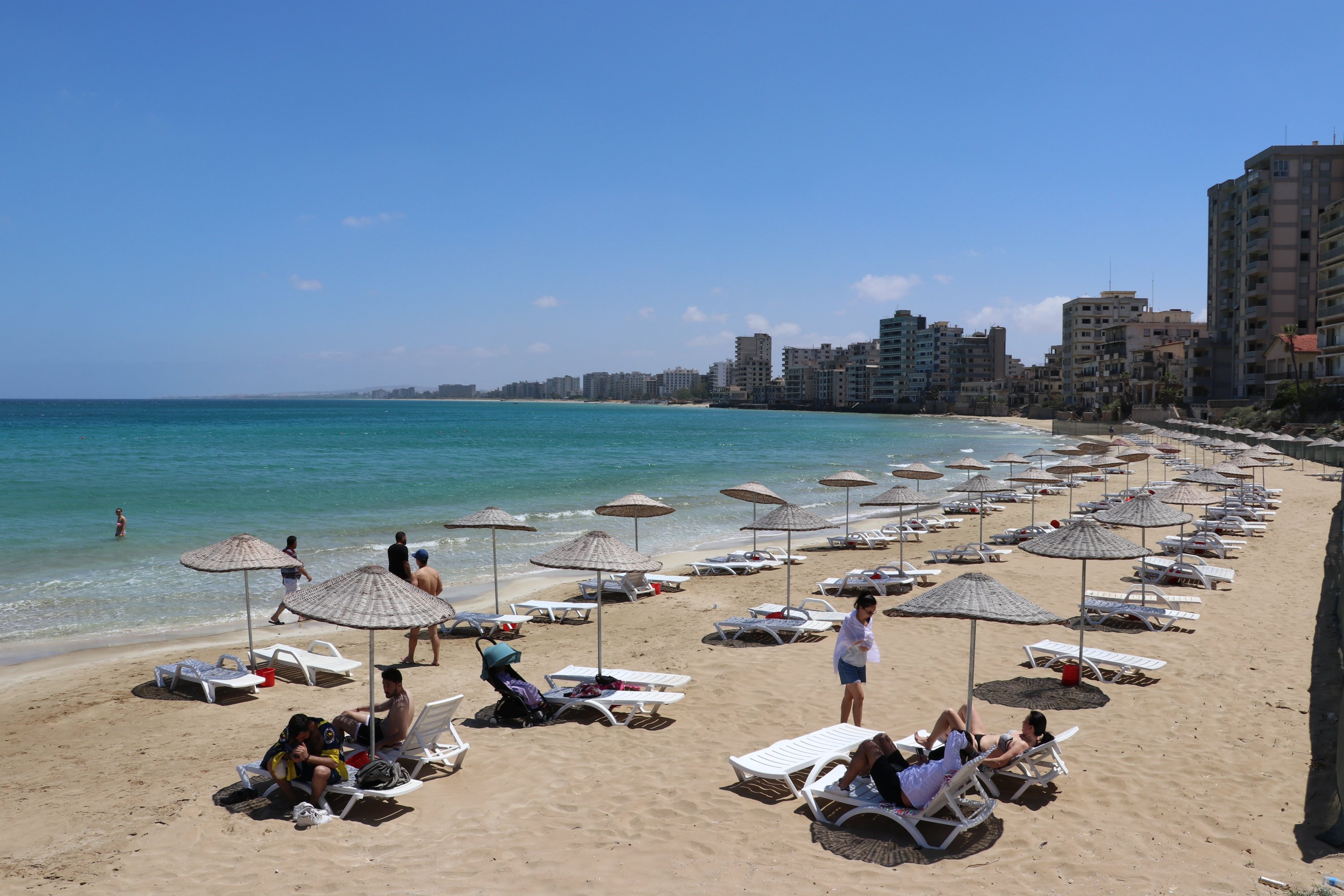
The Turkish Republic of Northern Cyprus (TRNC) has in recent years stepped up efforts to consolidate its institutions and boost its international visibility.
Cooperation with Türkiye in energy, technology, and defense—along with expanding cultural diplomacy across the Turkic world—illustrates a broader push to project stability and continuity.
A turning point came in 2024, when the TRNC began to actively use its observer status within the Organization of Turkic States (OTS). That move signaled not just a symbolic gesture but the opening of a new phase in its foreign policy.
These developments may seem unrelated, yet together they reflect an intertwined strategy: reinforcing national identity, broadening channels of recognition, and institutionalizing international presence.
For Turkish Cyprus, these steps are not limited to diplomacy or technical cooperation—they form part of a broader strategy to preserve statehood and stabilize identity.
Viewed through this lens, Turkish Cyprus offers an instructive case for understanding “ontological security” in international relations—the notion that a state’s stability depends not only on physical security but also on its ability to define, sustain, and have its identity acknowledged by others.
Today, areas where the TRNC performs relatively well—tourism, higher education, resource management, and cultural diplomacy—stand out as key contributors to this search for ontological security.
Strengthening these pillars could move the country from “merely maintaining existence” to “strategically redefining it.”
Since 1974, when the political structure in the island’s north was established, and particularly after declaring independence in 1983, Turkish Cyprus has fought to assert its identity internationally.
Yet the global community largely continues to adhere to a “one Cyprus” policy, refusing to recognize the TRNC.
That stance has left Turkish Cyprus in a position comparable to Taiwan’s under the “one China” policy—operating as a self-governing entity but constrained in its diplomatic space.
Still, Turkish Cyprus, like Taiwan, has sought to bypass such limits through alternative diplomacy, cultural engagement, and multi-layered cooperation.
Since 2023, growing ties with Turkic states in education and culture have enabled the TRNC to redefine itself beyond the narrow frame of the “Cyprus problem,” placing its identity in a broader cultural and historical setting.
Regular participation in OTS summits has helped reinforce that identity, providing visibility and a sense of continuity.
Each of these moves helps reposition the TRNC not simply as an “unrecognized state,” but as a political actor steadily sustaining its own sense of self.
The development, coming at a time when the European Union bloc's appetite for engaging with Central Asian states is growing, has a particular importance.

Turkish Cyprus' recent steps in higher education, tourism, and energy policy also strengthen its ontological security from within.
Universities obtaining international accreditation, tourism initiatives forging regional partnerships, and joint projects with Türkiye—such as undersea cable and natural gas schemes—are not merely about economic development.
They reflect an effort to demonstrate internal capacity, reduce dependence, and expand institutional autonomy.
Similarly, the planned restructuring of the “Ministry of Youth and Sports” in 2025 and the drive to increase participation in international sporting events reflect a dual-purpose strategy: reinforcing social cohesion while enhancing global visibility.
When Turkish Cypriot athletes join competitions alongside Türkiye, Azerbaijan, and Central Asian countries, the result is not only athletic exchange but also an exercise in identity diplomacy.
Such activities bolster a sense of unity at home while signaling abroad that the TRNC carries an active, lived identity.
Yet, Turkish Cyprus must now build on what it already does well. For that, several areas stand out.

Turkish Cyprus is one of the Eastern Mediterranean’s fastest-growing tourism destinations.
Visitors from Türkiye, the U.K., and Europe have given the island a form of “practical recognition” through steady flows of tourism.
For the TRNC, tourism functions as a kind of identity confirmation. Tourists interact directly with the state’s symbols—its flag, currency, and institutions—thus validating, in practice, its existence as a functioning state.
Expanding tourism through government-backed incentives could help the TRNC capture larger shares of the European and Eurasian markets. Proximity and accessibility could translate into greater competitiveness, potentially through joint promotional efforts with the Turkish Riviera.
The “Turkish Cyprus” brand, meanwhile, should aim to cultivate cultural recognition that stands apart from political recognition, ensuring the island’s image extends beyond contested diplomacy.
The island hosts over 20 universities and around 100,000 international students from over 100 countries—an extraordinary figure relative to its population.
Each student, through daily life and engagement, indirectly acknowledges the TRNC’s presence. In this sense, the universities act as channels through which the state achieves “unofficial contact-based recognition.”
Through international partnerships, European accreditations, and research output, Turkish Cyprus has built a quiet form of legitimacy.
Strengthening this field—perhaps by consolidating resources and investments to build a globally recognized university—would project credibility and help anchor the TRNC’s image as a serious academic center.
Although the TRNC cannot compete directly in international leagues, it continues to gain visibility through joint events with Türkiye and the broader Turkic world.
In recent years, football, motorsports and archery tournaments have multiplied, offering platforms for both community pride and soft power.
Sports serve as a unifying force domestically, while internationally, the success of TurkishCypriot athletes—some competing under Türkiye’s flag—subtly reinforces the island’s identity.
Since gaining observer status in the Organization of Turkic States in 2022, the TRNC has institutionalized its sense of belonging within the Turkic world.
The membership marked a symbolic break from isolation and a step toward framing itself not only as tied to Türkiye but as an integral part of a broader regional community.
Turkish Cyprus may not yet qualify as a “technology island,” but it is steadily positioning itself as an investment-friendly hub in the fields of digital services and information technology, bolstered by low taxation policies.
If the government can shape a coherent ecosystem for entrepreneurship and maintain fiscal incentives, the island could attract foreign investors and entrepreneurs seeking efficiency, similar to Dubai’s “tax-free hub” model.
Its geographic location and English-speaking workforce, combined with historical links to the United Kingdom, offer clear advantages for this kind of transformation.
Step by step, such initiatives could elevate the TRNC’s ontological security.
The freedoms already enjoyed on the island have made it appealing to Turkish citizens; leveraging those strengths could help Turkish Cyprus move beyond survival toward reinvention—transforming into a small, self-assured, and connected state within an increasingly interdependent world.